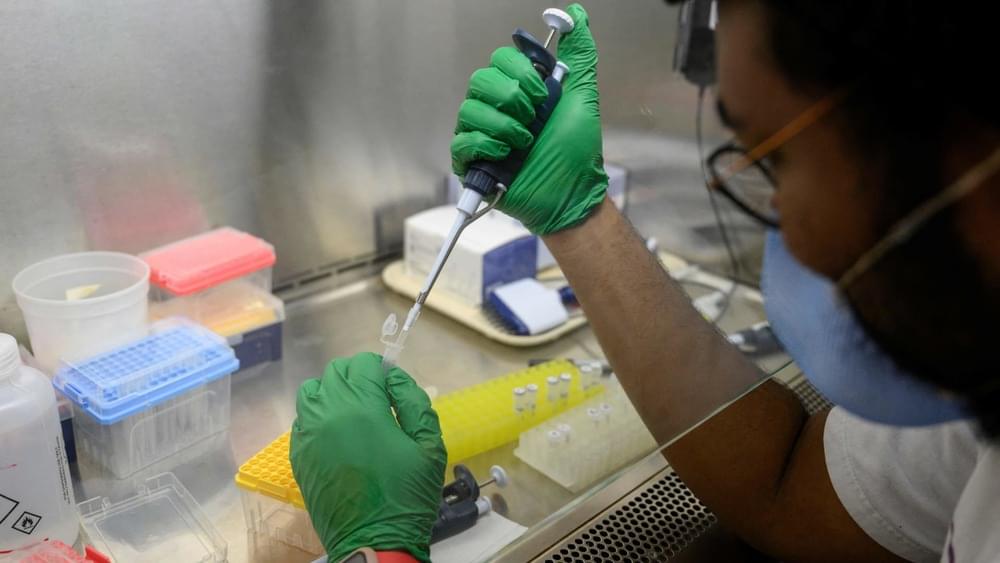Using radial velocity measurements, astronomers from Japan and China have detected a new exoplanet orbiting a G-type giant star. The newfound alien world is similar in mass to Jupiter but much hotter than the solar system’s biggest planet. The discovery is reported in a paper published November 12 on the arXiv pre-print server.
The radial velocity (RV) method to detect an exoplanet is based on the detection of variations in the velocity of the central star, due to the changing direction of the gravitational pull from an unseen exoplanet as it orbits the star. Thanks to this technique, more than 600 exoplanets have been detected so far.
Now, a group of astronomers led by Huan-Yu Teng of the Tokyo Institute of Technology in Tokyo, Japan, reports the finding of a new giant planet as a result of RV measurements using the HIgh Dispersion Echelle Spectrograph (HIDES) at Okayama Astrophysical Observatory (OAO) in Japan. The planet orbits a deeply evolved solar-mass G-type giant star known as HD 167,768, located some 353 light years away.







